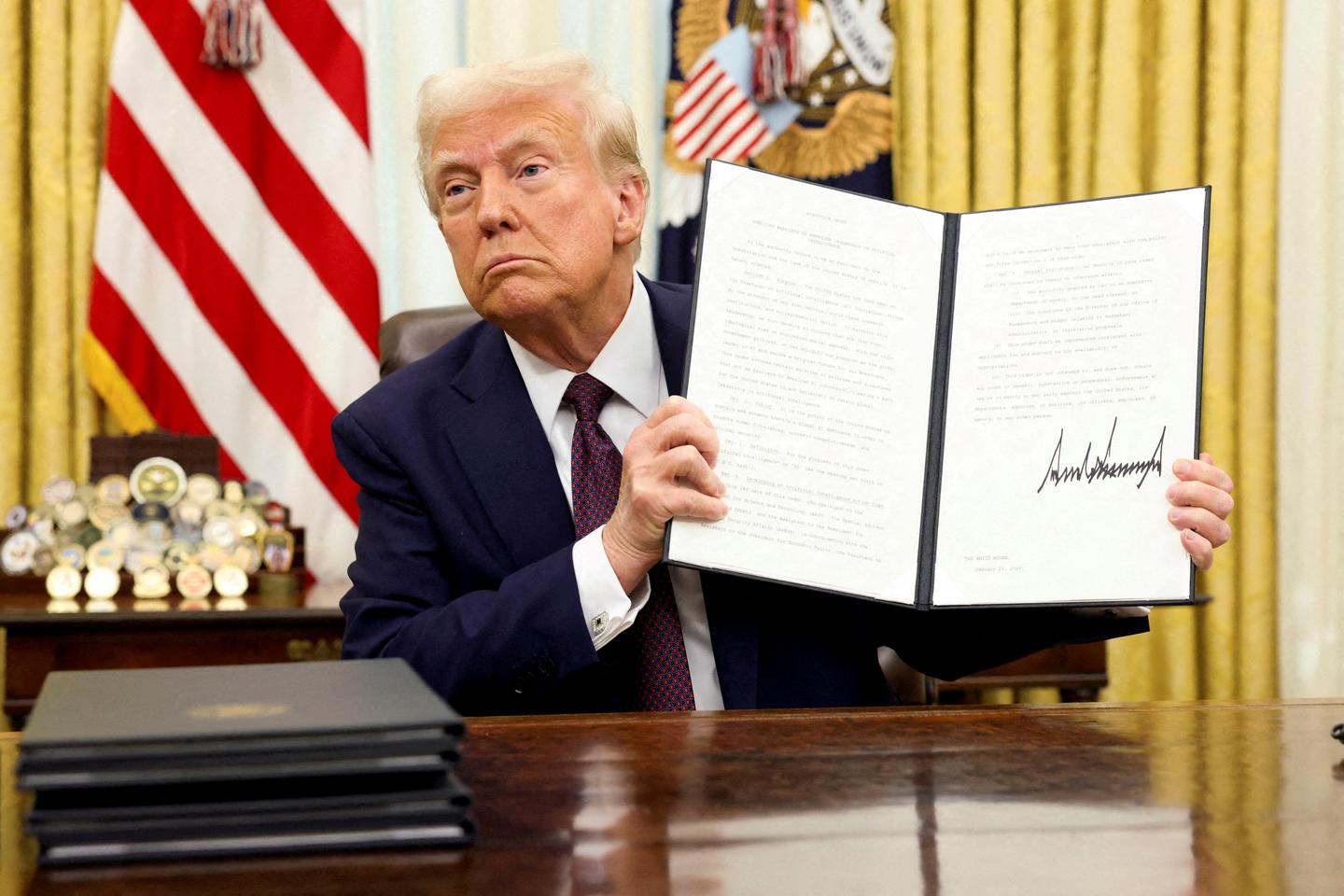


Donald Trump's ambitions for Greenland have come as a surprise. Yet, since the 1980s, the United States has invaded Panama, Honduras, Iraq and Afghanistan, and dropped bombs on a dozen other countries. His anti-feminism has shocked observers. Yet virile on-screen heroes are ubiquitous, and the muscle industry has exploded. His climate skepticism has provoked scandals. Yet this view is commonplace among Republicans.
Trump is showing the face of an American right that has totally dropped its inhibitions. The violence in his rhetoric may seem new, but it merely cancels out euphemizing efforts that have been carried out since the 2000s. At that time, Frank Luntz was at the height of his influence. He was the Republican Party's main spin doctor. He tested rhetorical elements on focus groups of voters. He combined ideas and forged expressions. Some of these have stayed stuck in our heads. The term "death tax," for example, to refer to inheritance taxes. Or "climate change," which is less anxiety-inducing than "global warming."
Luntz taught the American right a new language. Instead of going after "government" – Americans appreciate local governments, which take care of school busing, among other things – "Washington" became what needs to be attacked. Rather than "privatizing" healthcare or the school system, they needed to defend "personal responsibility" and "freedom of choice." "Personalizing social security" sounds much better than privatizing it, and the "free market economy" sounds more pleasant than "capitalism."
Mental images
In a 2002 memo entitled "The Environment: A Cleaner, Safer, Healthier America" and other writings, Luntz applied his linguistic tactics to environmental policy. On this front, Republicans were vulnerable because they were close to oil companies. They needed to spruce up their language. For example, using the term "energy" instead of "oil," and saying "energy company" when referring to Exxon and co. Similarly, they had to avoid the term "drilling for oil," which brings up an image of "black goop," and instead use "energy exploration," a cleaner and more technological turn of phrase.
You have 45.82% of this article left to read. The rest is for subscribers only.
